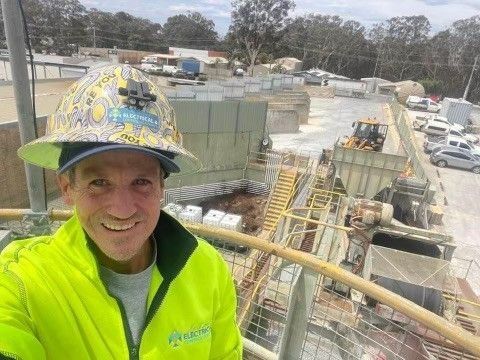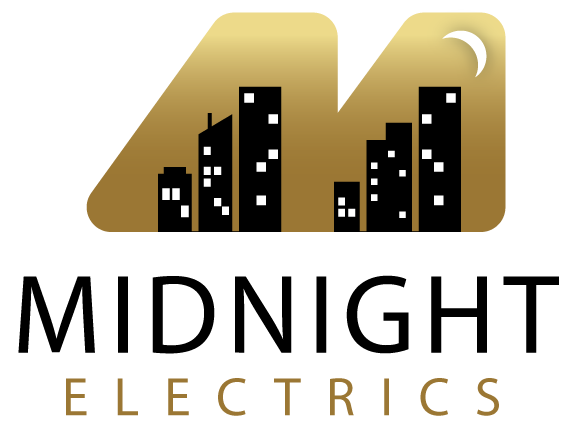Concrete Plant Electrical Work
In an industrial concrete making plant, an electrician plays a crucial role in ensuring the efficient and safe operation of electrical systems integral to the manufacturing process.
We often do concrete plant electrical work in the Batemans Bay / South Coast area of NSW. The electrician is responsible for installing, maintaining, and repairing electrical components and equipment, such as motors, control panels, and lighting systems, within the plant.
They work to troubleshoot and address electrical malfunctions promptly to minimize downtime and optimise production.
Additionally, electricians may be involved in the implementation and upkeep of programmable logic controllers (PLCs) that govern various automated processes in the concrete production line.
Safety is paramount in such environments, and electricians are also tasked with inspecting and maintaining electrical systems to adhere to industry regulations and prevent potential hazards.
In collaboration with other maintenance and operations teams, the electrician contributes to the overall functionality and reliability of the electrical infrastructure in the industrial concrete making plant.
How is Cement Made?
The most common type of cement used in concrete is Portland cement , which is made from limestone, clay, shells, and silica sand.
Aggregates are typically sand and gravel or crushed stone. The size and type of aggregates used depend on the desired properties of the concrete.
Water is a crucial component in the chemical reaction that leads to the hardening of concrete. The amount of water used affects the concrete’s workability and strength.
- The dry ingredients (cement and aggregates) are combined in precise proportions. The ratio of water to the dry mix is critical and is adjusted based on factors like the type of concrete needed and environmental conditions.
- Once mixed, the concrete is transported to the construction site. This may involve the use of specialised trucks with rotating drums to prevent the mixture from setting.
- Once the concrete has cured sufficiently, it may be finished to achieve the desired surface texture. This can include smoothing, texturing, or adding decorative elements.
The resulting hardened concrete is a durable material that can withstand a wide range of environmental conditions. It is widely used in various construction applications, including buildings, bridges, roads, and
infrastructure projects.

































